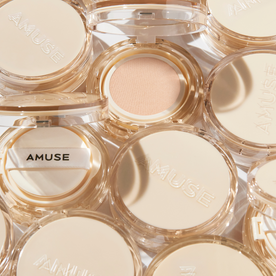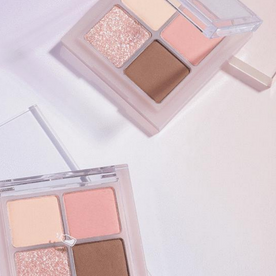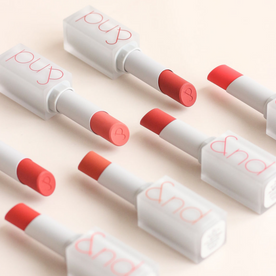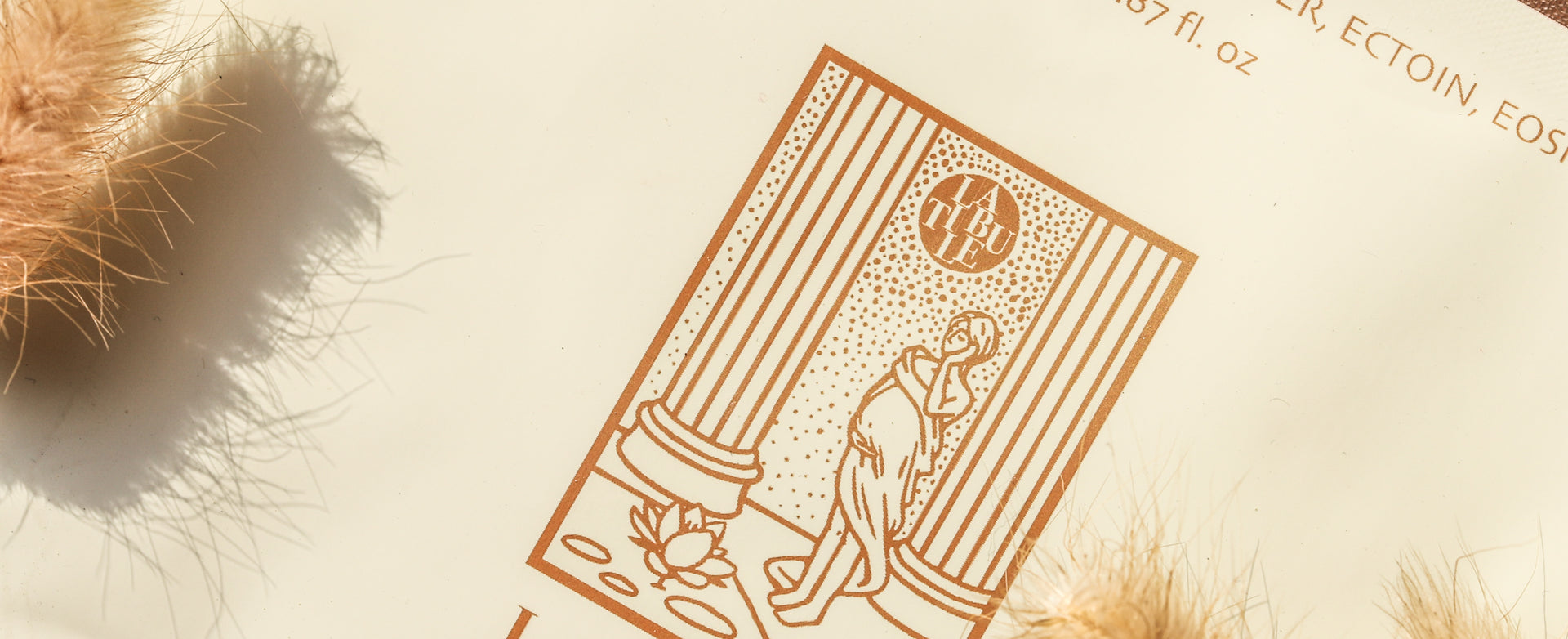SKINCARE DURING PREGNANCY
The amount of information and advice you get when you’re pregnant (unsolicited or not) can be overwhelming. It can feel like your brain is already full of what to do, or what not to do - and the baby hasn’t even been born yet!
This is on top of the other changes occurring. Your body is changing shape, your hair may change texture, and your skin can do all sorts of out-of-the-ordinary things. So whether you’re glowing, or feeling like a bit of a wreak, we’re here to guide you through skincare during pregnancy. There’s no time like the present to take a bit of time to pamper yourself!
Pigmentation

A common change is sudden pigmentation - whether that’s just a few extra freckles here and there, or pigmentation all over the face, known as chloasma. Your skin can also become more photosensitive, making sunscreen extra important. To be safe, this is a good time to switch to mineral or physical sunscreens, which use zinc oxide or titanium dioxide. Chemical filters like oxybenzone and avobenzone are possible hormone disruptors. While there isn’t any definitive evidence that chemical suncreens could be unsafe, physical sunscreens work just as well, without the risk.
If you do want to use a product to lighten hyperpigmentation, don’t be tempted to use topical treatments that contain hydroquinone, a common lightening ingredient. Hydroquinone has a high absorption rate, and therefore could affect a fetus. Safer brightening products during pregnancy contain niacinamide or vitamin C.
Acne
Even if your skin type is normally desert dry, it isn’t unusual for pregnant women to experience oilier-than-normal skin. After all, hormones play a big role in regulating sebum production, and pregnancy is a time when hormones are shifting.
Go-to treatments for acne often include salicylic acid and benzoyl peroxide, however, these are not recommended for use when pregnant. Salicylates can cause birth defects in large amounts, and while the concentration in your cleanser may be low, it is safest to avoid it completely. It’s important to check the ingredients in not just your cleanser, but toners, exfoliants, masks, and/or spot treatments as well. There are other acids that are safe for use if you’re experiencing acne, such as lactic or glycolic acid.
Prescription-level acne treatments, like Accutane, should also be avoided, as these contain powerful medicated ingredients. If you were using it to treat acne before pregnancy, be sure to talk to your doctor about alternatives.
Anti-Aging

Yes, there still are a large number of anti-aging ingredients that are fine to use at this time. However, you’ll need to stay away from anything containing retinoids. Retinol is a derivative of vitamin A, and high levels of vitamin A have been connected to birth defects in fetuses. While the small amount absorbed from a skincare product may be safe, this is, once again, a case of being cautious.
There are many other ingredients that have anti-aging benefits that you could try while pregnant. Niacinamide, ceramides, and vitamin C all have a great track record for helping with plumping and smoothing.
Essential Oils
While a lot of essential oils are safe when diluted, you’ll want to consult a doctor if you want to use products with botanical oils when pregnant. Some essential oils aren’t safe at higher concentrations, and some, like wintergreen, clary sage, clove, and rosemary, aren’t recommended. Some studies suggest that they can cause uterine contractions, and others could have unknown effects.
To be safe, it’s often recommended pregnant women avoid essential oils during the first trimester, when the fetus is in early development. For a complete list of oils to avoid, it’s best to consult your doctor.
Sensitivity
Even if you think you have your skincare lineup completely figured out, pregnancy can cause you to suddenly become sensitive to products you’ve used for ages. Don’t be surprised if your skin suddenly doesn’t tolerate certain ingredients. Skincare designed for sensitive skin often has limited ingredients, or doesn’t contain things that commonly cause irritation. Avoiding fragrances, dyes, and alcohol in products can help reduce the chance of a bad reaction, as can switching to mineral makeup.
Remember that products labelled “natural” don’t necessarily mean they won’t cause a reaction on your skin specifically, nor does it guarantee it is safe for use during pregnancy. Before trying something new, make sure you check the ingredient list, and do a patch test, just in case.
Skincare can be a great way to pamper yourself while you’re growing a little human being. It is definitely a time when you’ll want to play it safe, and looking into your skincare products for potentially harmful ingredients is important. It is always best to talk to a doctor if you’re unsure. There are a lot of lovely alternatives that can be both helpful, and enjoyable to use while you navigate this special time!
















































